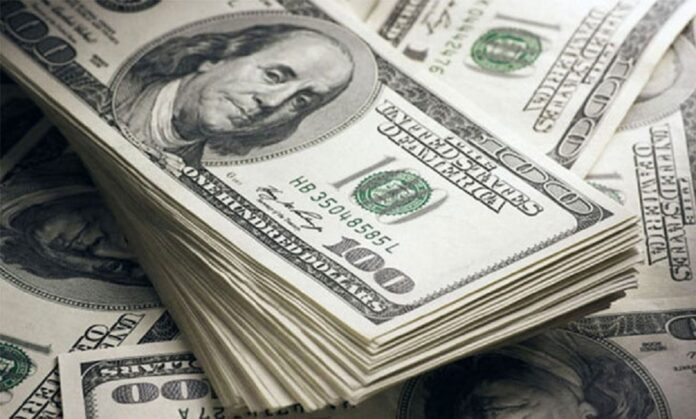Sri Lanka is quietly hemorrhaging foreign exchange as a section of Board of Investment (BOI)-approved firms manipulate tax concessions and export regulations to profit from the domestic market rather than earn dollars, an investigation has revealed.
Spanning sectors from apparel and processed food to plastics and palm oil, these companies exploit BOI privileges to import machinery, accessories, and raw materials duty-free—benefits granted to attract export-oriented investment. Yet, instead of fulfilling their mandate to export 80 percent of output as required under Section 17 of the BOI Act, many divert bulk production to the domestic market.
This practice not only deprives the Treasury of millions in revenue but also drains foreign reserves while distorting competition for local manufacturers. “Legitimate businesses cannot compete with firms that use loopholes to evade taxes,” a senior Trade Ministry official told this newspaper.
Paper Exports, Real Profits
In the apparel sector, several BOI-licensed manufacturers allegedly declare shipments on paper while channeling large volumes of garments into the local market through subsidiary trading companies. By avoiding customs duties and value-added tax (VAT), they can undercut compliant producers by 20–30 percent.
“This is a systemic failure,” warned an economist specializing in export industries. “The BOI framework is designed to bring in foreign exchange, but loopholes mean the country loses both tax revenue and dollars every month.”
Palm Oil Racket Exposed
The palm oil industry offers perhaps the starkest example. Under the Indo-Sri Lanka Free Trade Agreement, BOI refiners receive quotas to export refined oil to India. Instead, many divert nearly their entire production to the domestic market while declaring fictitious exports.
Maintaining bonded warehouses and shell trading companies, these firms avoid the 18 percent VAT and other duties, giving them a cost advantage over compliant producers. Customs data shows Sri Lanka imports about 20,000 metric tonnes of edible oil monthly, costing $15–20 million in scarce foreign exchange. Analysts estimate this misuse drains $150–200 million annually.
“The palm oil racket illustrates how export incentives are hijacked for local profiteering,” said a trade expert. “Meanwhile, coconut oil producers and small edible oil refineries are pushed to the brink.”
Treasury Loses, Public Pays
The fallout is widespread. Local garment producers, edible oil refiners, and coconut growers face shrinking margins due to artificially cheap competition, while the Treasury loses vital revenue at a time when every rupee counts. For ordinary citizens, the hidden cost is higher taxes and reduced social spending to offset state losses.
Parliamentary committees have repeatedly raised the issue, but enforcement remains sporadic. Finance Ministry sources argue that stricter audits, continuous surveillance of bonded warehouses, and heavy penalties are urgently needed.
“If unchecked, Sri Lanka will continue subsidising tax evasion at the expense of ordinary taxpayers and genuine exporters,” one senior official warned.
The question now is whether the government has the political will to plug these holes—or whether vested interests will keep bleeding the economy dry.
